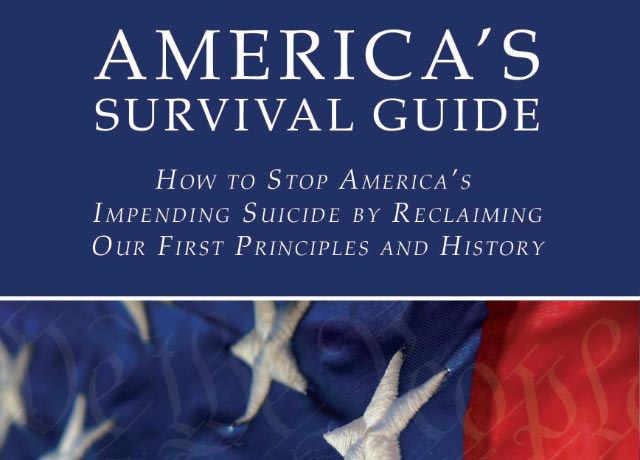ORIGINALLY PUBLISHED IN THE DETROIT NEWS, CONSTITUTION DAY 2009
Two hundred twenty-two years ago, the members of the Constitutional Convention signed the federal Constitution and undertook an unparalleled revolution in the forms of government. As the heirs of this grand experiment, we too often ignore the work they accomplished at our peril.
During the past year, our nation has been transfixed by crisis, government and populism: Iraq, Afghanistan, Iran, pirates, banking, mortgages, economic stimulus, health care, energy, auto companies, tea parties and town halls. The tyranny of the urgent is suffocating the eternal.
Our government rests upon the proposition that a well-informed citizenry and political leaders will guard the Constitution.
The rule of law, equality, unalienable rights, the social compact, limited government and revolution are the superstructure on which the Constitution and our country are formed.
The idea of limited government has been all but ignored. As the Declaration of Independence declares, the purpose of government is to secure the unalienable rights of individuals. After all, “it is,” Thomas Jefferson explained, “to secure our just rights that we resort to government at all ...”
Although government is necessary, it is to be strictly limited to its proper constitutional purposes.
The alternative — unlimited government— allows the government to control every aspect of our lives. The experiments with unlimited government ran amok in the 20th century — leading to Nazi Germany’s Holocaust, Mao’s starvations in China, the Soviet Union’s totalitarian liquidations and the Khmer Rouge’s genocide in Cambodia.
America chose a different path. The Constitution constrains the federal government to a few key areas, such as war and foreign affairs, interstate and international commerce, patents and copyrights, and money and weights.
Federalism provides that the states are supreme in their own sphere of influence — which is everything not specifically granted to the federal government. The states are supposed to jealously guard their authority, which helps check the power of the federal government.
Yet, with a few notable exceptions, we barely hear a whisper about limited government and federalism in policy debates. That members of Congress and others are too busy to read the bills upon which they vote is bad enough, but that no one bothers to ask whether the proposals to dramatically expand the federal government and spend trillions of dollars conforms within our system of limited government is alarming.
Reasonable people may disagree about the application of the first principles to policy issues.
However, to brush off our first principles during these tumultuous times only courts disaster.
Michael Warren is an Oakland County Circuit Court judge, a former member of the State Board of Education and a co-founder of Patriot Week. E-mail: letters@detnews.com
Patriot Week
Michael Warren and daughter Leah Warren wanted to promote a better understanding and appreciation of America’s history and civics, so this year they started a weeklong focus (Sept. 11 through today) for schools and other public and private institutions on the nation’s first principles, key historical figures, founding documents and symbols. Each celebration is tied into the state’s social studies grade-level content expectations. One school district, several schools, the University of Michigan and Cooley Law School are participating.
Thursday, September 17, 2009
Subscribe to:
Post Comments (Atom)






No comments:
Post a Comment